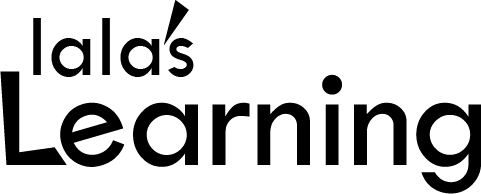My passion as an educator is to help young children learn to communicate, gain independence and thrive. When working with students, I will support them by honouring their diversity, uniqueness, dignity and individual strengths regardless of culture, race, gender, abilities or economic class. I promise to use good ethics while building relationships with them to gain their trust. This will open the door to helping them build their knowledge and skills in all areas of development. Through play-based learning and responsive support they will continuously scaffold new information from educational experiences that are creative, engaging, responsive and inclusive for all students regardless of abilities.
Since getting my educational assistant degree in May of 2020, I have been working as an emergency supply with children of all ages for the Greater Essex County District School Board (GECDSB). Many of my shifts are to cover for Early Childhood Educators (ECEs), which I greatly enjoy. It is intrinsically rewarding for me to see a youngster make a connection between something that they notice in their environment and a lesson that they have done in the classroom. I also enjoy planning emergent activities in the classroom to help children actively engage with others in their environment. This encourages them to learn communication skills and self-regulation methods. Plus, when I plan activities around their interests, they are more invested in learning. Being engaged in the learning process is important for absorbing and retaining information. I support the children I work with in different ways and on different levels, which are dependent on their individual needs. If their preferred learning environment is unique, like at the park, then I will adjust our routine to accommodate them. When the weather is cold and snowy, we will bundle up and bring a snow shovel with us to the park if that is what is required to engage them because the environment is the third teacher.
I have also supplied many times as an Educational Assistant for the GECDSB and worked with children who have special needs and various disabilities. In addition, I have been providing respite services, under Family Respite Services of Windsor, to children of various ages who have autism for a few years. Most of my respite clients have non-verbal autism spectrum disorder (ASD). This job requires me to consistently practice patience with them as I observe them communicating with me in non-verbal ways. There communication can be through an occasional mumbled word, various vocal tones and body language. It is very important to get to know their personalities and their preferences about places they like to visit during our outings. We try new activities to see if they have any interest in them in attempts to scaffold their learning. When I find an activity that interests them, such as going on a sled in the snow, I continue to encourage the activity and create emergent sensory activities by bringing snow in or making fake snow for them. This is creating differentiated one-on-one curriculum.
Another thing that is essential for me to learn, are the children’s triggers, or what makes them upset. Children with autism can react very quickly to various stimuli in their environment without warning. It is important to support them with building their self-regulation and critical to be observant of their mannerisms. When negative behaviours appear to be escalating, I quickly respond with consistent assertiveness and affection. For children with ASD a major goal is to learn executive functioning skills. This means following social norms to function in their environment and blending in with other children.
To be an effective educator, it is extremely important to have good connection with the family and support the workers assigned to them at their school. My focus is on the children that I can help to learn and grow across all domains of development. For me, the focus is always on the child’s needs.

